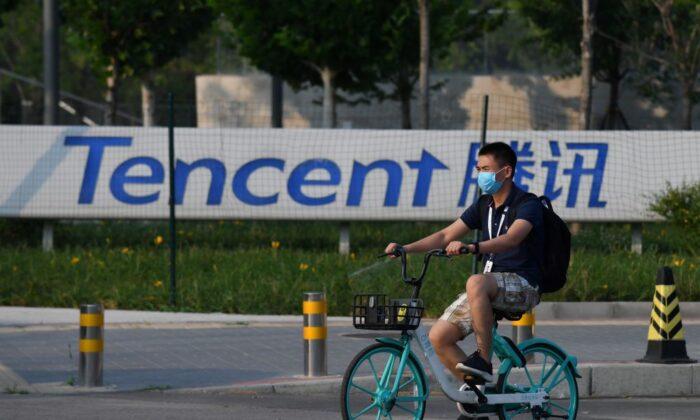Western finance experts used to recognize two categories of Chinese companies: state-owned enterprises and privately held (including publicly traded) enterprises.
That distinction is increasingly passé. Soon all Chinese companies—no matter their legal and financial ownership—could effectively become state-controlled.
Reuters recently reported that the Chinese Communist Party (CCP) is expanding its use of so-called “golden shares.” Golden shares are a nominal financial ownership stake in a private company, say 1 percent, sold to a CCP state-owned organization. The organization purchasing the stake could be a local or provincial government organization or a state-owned investment group. Despite such small outlays, “golden shares” grant the CCP a seat on the board and veto rights over key business decisions.
With a golden share, the CCP has de facto control over companies. We can argue over the practical difficulties of managing so many private companies, but make no mistake, the CCP will have the final say over all business matters if it so chooses. The Party may or may not care to meddle in daily operations, but would have the final say if it wishes to invoke it.
“Golden shares” were first reported after ByteDance (TikTok’s Chinese parent company) disclosed that it had sold such a stake to a CCP-affiliated entity—more than 1 1/2 years after the fact.
Reuters reported that Chinese trucking technology platform company Full Truck Alliance Co. recently sold a “golden share” to China Internet Investment Fund, which is backed by the regime’s internet regular. Ride-hailing firm DiDi and music streaming service Ximalaya are both reportedly negotiating the sale of “golden share” stakes to state-owned entities.
Thus far, just a few firms have sold or are reportedly selling “golden share” stakes. All appear to be technology firms managing tons of user data. We can infer that it’s only a matter of time before all data-rich tech firms receive phone calls from the CCP about selling “golden shares.”
Looking beyond tech, all consumer-facing companies are potential agencies of the CCP. Its theoretical scope is limited only by the CCP’s imagination, its ability to execute, and available resources.
Let’s explore a recent manifestation of how this could play out.
Tech conglomerate Tencent Holdings was recently forced to sell a 15 percent stake in e-commerce giant JD.com. While Tencent claimed that the sale was voluntary and Wall Street analysts twisted themselves into a knot writing that it was somehow a “good move” for investors, this was a Beijing directive.
Tencent holds minority stakes in a variety of successful Chinese technology startups, including Meituan, Pinduoduo, and Kuaishou, among others. Will it be compelled to sell its other stakes? Time will tell.
But Tencent management and shareholders should be livid. Ownership in other startups is a hallmark of Tencent’s success, and its participation in other fast-growing firms is leverage for future growth. In other words, it’s good business.
The “golden share” will instead handcuff companies, who no longer work to further their own interests or the interests of their shareholders. The mantra of “maximizing shareholder value” no longer applies.
Going forward, Chinese companies will maximize the interests of the Party, its apparatuses, and so-called national security. Real shareholders will be relegated to silent partners.
It’s always been this way to an extent, but the CCP’s intentions are now clear as day.





